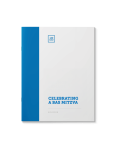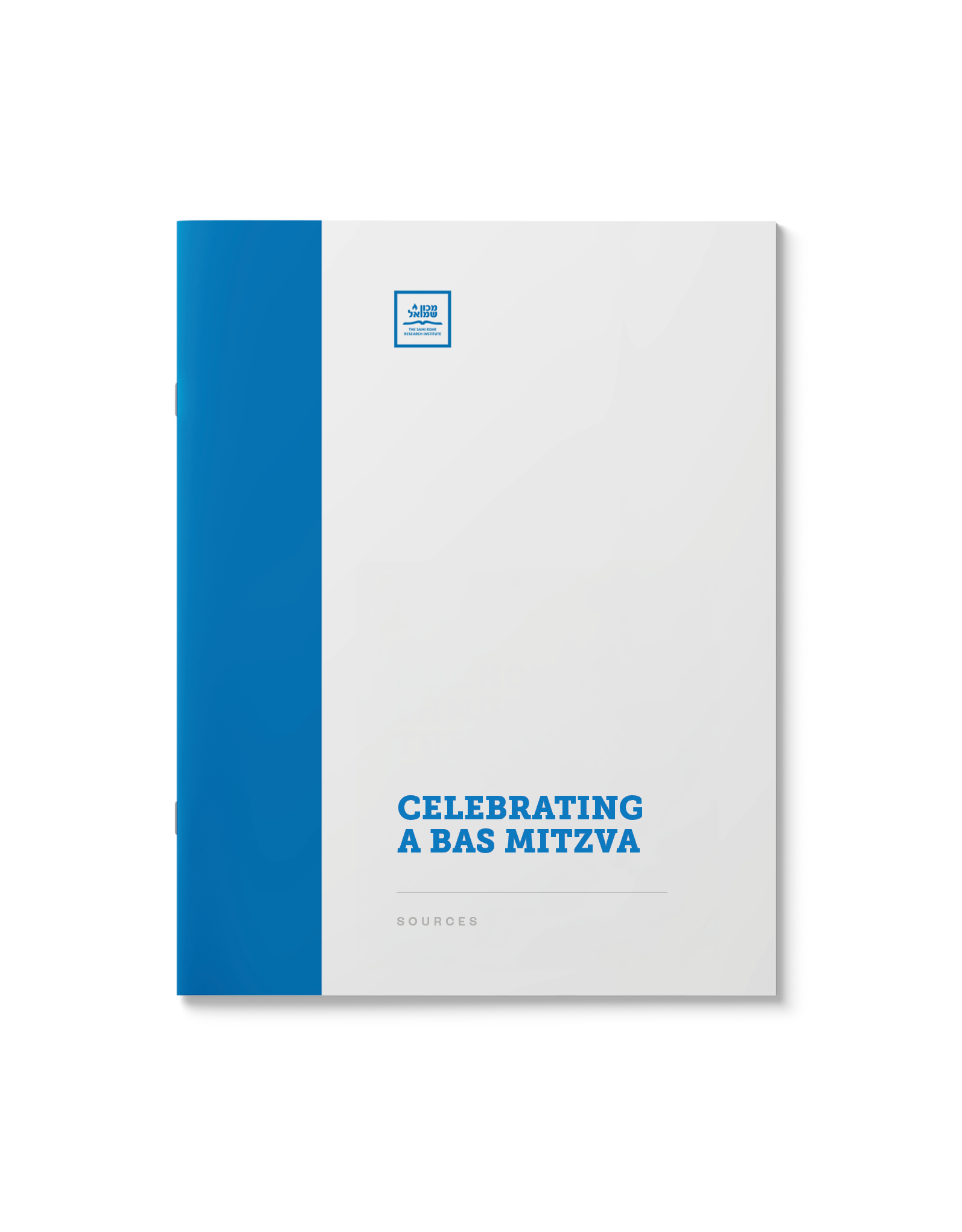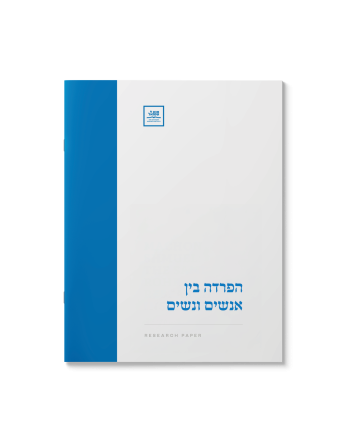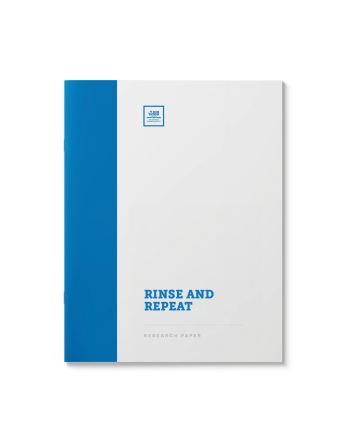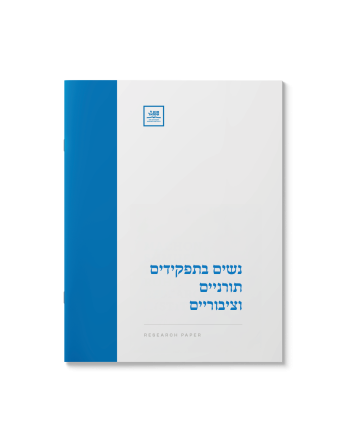Celebrating a Bas Mitzva (Sources)
$39.00
What is the origin of this practice and what is the opinion of contemporary halachic authorities?
| Language | English |
|---|---|
| Paper Type | Sources |
| Pages | 26 |
Related Products
This paper addresses the question that has engulfed the
Jewish community lately: may women and girls put on Tefillin? A survey of the
long-running debate in Jewish literature and a look at the final consensus
today.
For much of history, women were relegated to the home, leaving the pursuit of education to their male counterparts. Today, institutions for higher Torah education for women and girls dot the globe. How did Torah study for women evolve?
Study the background, history and halachic issues relevant to Torah education of women and girls.
בירור מקיף על יסוד דין המחיצה, טעמיה והגדרתה. איזו מחיצה כשרה ומהם כללי היסוד המחייבים הפרדה בין גברים לנשים? סקירה הלכתית המסתעפת להשלכות רלוונטיות במיוחד בימינו אנו.
Married women cover their hair because ‘seiar b’ishah ervah’. Where in the Torah do we find such an idea? Explore the history and practice of this intriguing halachah.
The prevailing custom is that those who are ritually impure, such as a niddah, do not place themselves in contact with a Sefer Torah. This paper traces the origins of this practice and addresses its practical implications, such as entering a shul, kissing the Torah and dancing with it during hakafot.
The notion of equality and egalitarianism calls for equal representation of all people in all areas of life. Yet the Torah explicitly exempts women from a number of mitzvah obligations, many of which are highly visible in the synagogue and community setting.
Part II-Mystery of the Mitzvos: Mitzvos are an expression of the Divine Will. How can Jewish mysticism help us understand the role that gender plays in the performance of Mitzvos?
Will the current framework that falls along gender lines change with the arrival of Moshiach?
See also Part I-Understanding the Exemption
Tznius demands that legs must be covered. This paper analyzes the definition of that rule. What is the shok- the thigh or the leg? What about feet? And what is the Chabad perspective on all this?
What are the halachic issues and ramifications of holding separate women’s prayer groups in Shul?
May a female singing hopeful be
trained by a male voice instructor? This paper analyzes a whole host of halachic
issues that are essential to deciding this question. These include a
discussion of the isur of kol isha; the problematic nature of an
occupation that requires direct engagement with those of the opposite gender,
including doctors, schoolteachers and others; the isur of yichud
and its applications, and a number of halachic precedents to facilitate a sound
conclusion.
בתקופתינו הנוכחית, עדים אנו לתופעות חדשות בכל הנוגע למעמד האשה ביהדות. מעל כל ספק, מכבדת התורה את מעמדה, עד כי לעתיד ׳נקבה תסובב גבר׳. עם זאת, ההלכה קובעת תנאי כשרות המועמדים לתפקידים תורניים ציבוריים. לפנינו בירור מקיף על דבר מינוי האשה לתפקידים אלו. כל כבודה בת מלך פנימה.
The notion of equality and egalitarianism calls for equal representation of all people in all areas of life. Yet the Torah explicitly exempts women from a number of mitzvah obligations, many of which are highly visible in the synagogue and community setting.
Part I-Understanding the Exemption: Does this exemption apply only to those mitzvos whose fulfillment is restricted to particular times? Does the unique calling of a Jewish woman impact the scope of her mitzvah obligations?
Is there any substance to the claim ascribing this dispensation to the woman’s “higher level of holiness”? Is this sourced in traditional Torah scholarship?
See also Part II-Mystery of The Mitzvos
How did we get from belief in monotheism to rules about skirt lengths, necklines and singing? This paper cuts to the very heart of tznius and why it is one of Judaism’s unshakable foundations. An analysis of the Torah and halachic source for tznius, and how its ancient laws find modern life.


